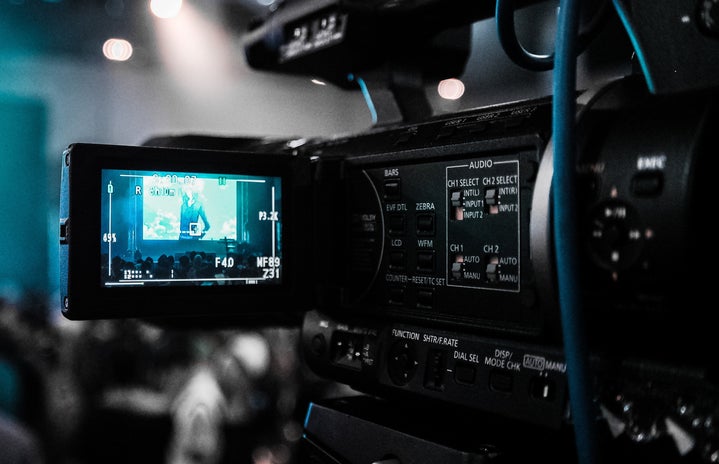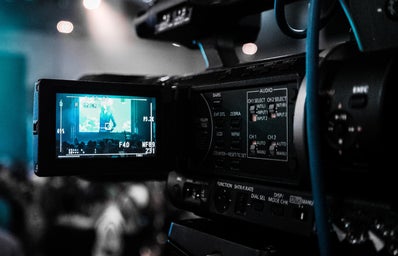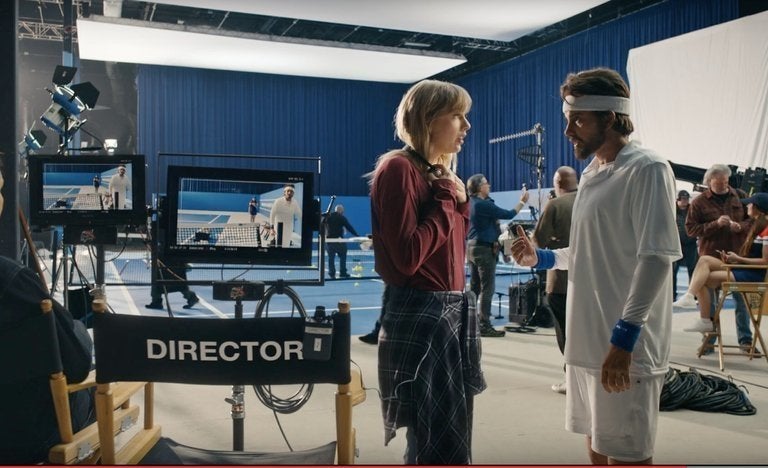As we are all aware of, women have been prejudiced against for quite some time – creating a clear imbalance of power in society. This is something that manifests itself within the household, in the workplace, and even in the media. To this day, women are still being misrepresented, judged, and stereotyped in the whole entertainment industry in general.
A study in 2018 even found that 35% of movies have at least 10 speaking roles for women, while 82% of movies have at least 10 speaking roles for men. This showcases how little opportunities women are given in film, which is another issue aside from the fact that a lot of actresses feel like they aren’t taken seriously or like they are being controlled by male figures in the film industry.
In addition to women having less opportunities for acting roles, some of the roles that are available are created through an extremely sexist and outdated mindset that usually comes from the male perspective. Have you ever watched a horror movie where the “final girl” is portrayed as innocent and virginal while one of the first girls to get murdered is usually the more promiscuous and sexual character? This ties in with the Madonna-Whore Dichotomy that I have talked about in a previous article. Male screenwriters tend to place women in stereotypical categories that completely take away from the characters and from the possibility of breaking sexist societal perceptions.
This issue is also seen on social media and celebrity news. For example, for the longest time, there was clear judgment against Taylor Swift for “having too many exes” and “writing all her songs about them,” which is something most artists experience and take inspiration from in their songwriting. However, because she is a woman, the expectations are completely different, which she explicitly touches upon in her song “The Man.” Even on social media, the expectations for women are completely different; they are expected to look a certain enhanced way that misrepresents most women and also creates a lack of representation for women of certain races, ethnicities, cultures, etc. that stray from the typical norm.




